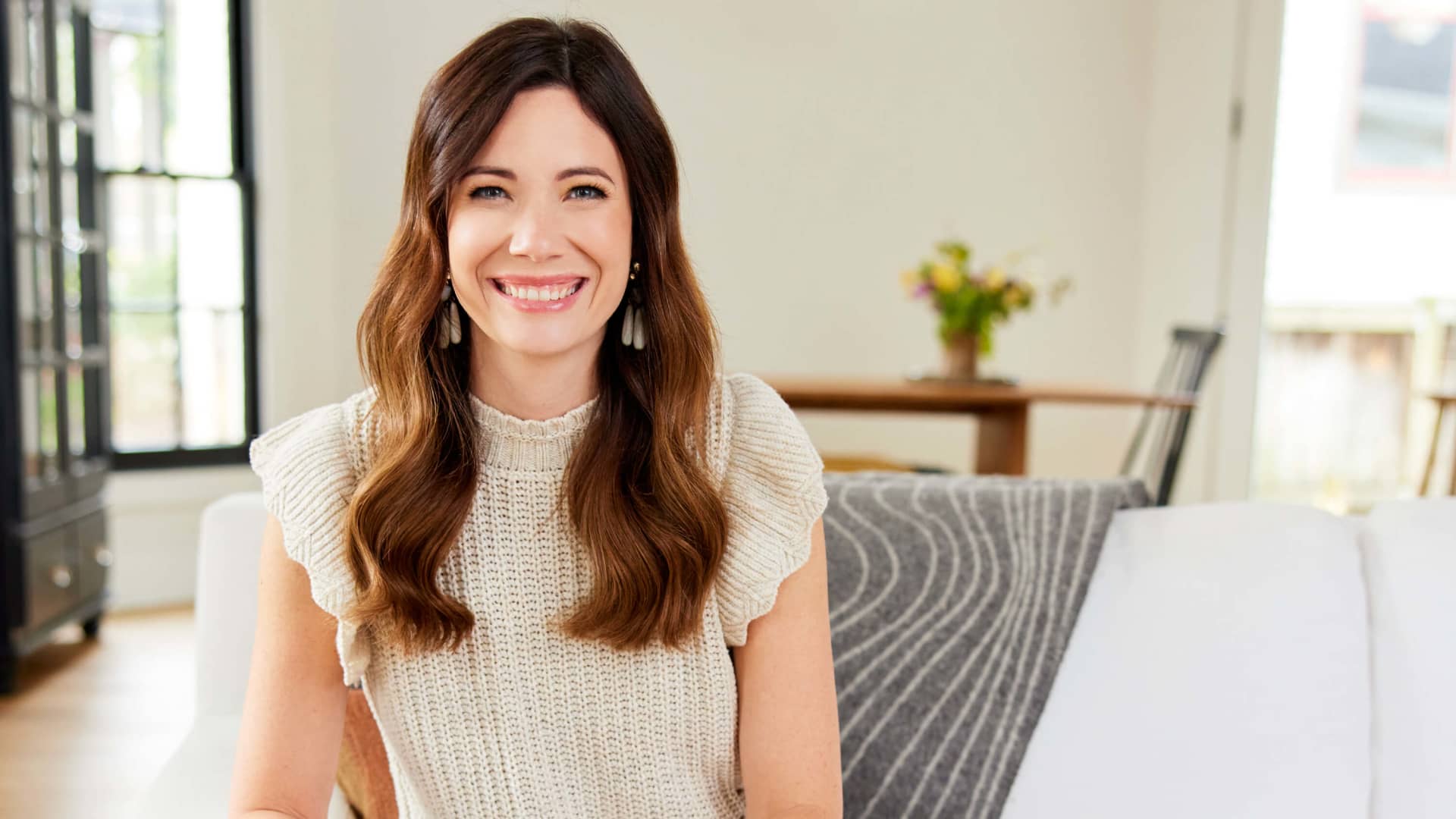A home is usually one of the biggest — and most complicated — purchases of your life. Add on the fluctuating housing market and high mortgage rates, and the process can get even more complex.
That’s why Rachel Cruze, a personal finance expert and co-host of the “Smart Money Happy Hour” business podcast, used her dad’s home-buying formula before purchasing her first house.
The first step: Get free of any debt. Then, build up three to six months worth of emergency savings.
“My husband and I followed the formula,” Cruze tells CNBC Make It. “I know that’s really hard for a lot of people because of student loans, and the obvious debt that the average American racks up. But when you have no debts and your income is all yours … it puts you in a completely different spot financially.”
For many people, getting out of debt is easier said than done. And building an emergency fund, if you don’t already have one, can take time. Still, you need both before buying a home, says Cruze.
Here’s why, along with some expert advice on how to achieve both steps of the formula.
Step 1: Get debt-free
Many Americans carry some form of debt. For 35% of Americans, it’s credit card debt, according to a January 2023 Bankrate survey.
As of last year, 43.5 million Americans had federal student loans, according to the U.S. Department of Education. And 51% of student loan holders say their debt has delayed them from purchasing a home, a 2021 NAR report found.
Paying off debt before buying a home is a practical concern: Depending on how high your debts are, you could be denied a mortgage or incur a high interest rate on one, even if your credit score is good.
Becoming debt-free is a tedious process, but it isn’t impossible. Take Jasmine Taylor, a 31-year-old who used a “cash stuffing” strategy to pay off $23,000 in student loans and $9,000 worth of medical and credit card debt in a year.
Cash stuffing means you only spend money that you have in cash. Practitioners typically use a zero-based budgeting…
Read the full article here

Leave a Reply